Sweet potato varieties in Vietnam are rich in tuber color, growth ability and nutritional quality, but most of them have not been exploited properly. Prolonged cultivation without selection has caused many valuable genetic resources to degenerate, leading to low productivity and uneven quality.
Faced with that reality, in 2020, the Ministry of Science and Technology approved the task of "Assessing the genetic potential and developing sweet potato genetic resources in Vietnam" (code NVQG-2020/DT.17), assigning the Plant Resources Center to take charge of implementation.

Sweet potato variety from Bac Giang .
Restoration of 5 promising genetic resources
During the 5 years of implementation, the research team collected, described and built a genetic database of 300 sweet potato varieties from many ecological regions across the country. The samples were grouped according to yield, quality, tolerance to salinity - drought - waterlogging and resistance to pests and diseases, providing a scientific basis for conservation and exploitation in the future.
The evaluation report of the potential of the accessions shows that many genetic resources are outstanding in terms of tuber quality, high nutritional content and good adaptation to adverse conditions. These are important factors in the context of increasingly volatile climate and increasing market demand for quality agricultural products.
From 500 evaluated sweet potato varieties, the research team selected 5 sweet potato genetic resources with high yield, good quality and outstanding adaptability. These varieties were restored, propagated and introduced into production, and at the same time, a full set of technical processes including restoration, propagation and commercial tuber production were completed.
The project has built 03 pilot models, each model 5 ha/gene source in Quang Ngai, Bac Giang and Thanh Hoa. The results show that tuber yield increased by over 17% compared to the non-regenerating variety, product quality is consistent and suitable for domestic consumption needs. New technical processes also help reduce production costs and increase economic value for farmers.
Open directions for indigenous agricultural development
In localities applying the new varieties, the average yield reached 17 - 22 tons/ha, significantly higher than the previous level of 10 - 13 tons/ha. The use of new varieties and improved cultivation processes helps people increase their income, while creating a foundation for the development of concentrated commodity production areas.
The project also organized 3 training courses, transferring techniques to farmers and agricultural extension officers, helping to improve production levels and promote the application of advanced farming techniques. The conserved and exploited genetic resources not only have economic value but also contribute to preserving traditional farming identity, folk knowledge and biodiversity.
Native sweet potatoes have great advantages in ecological adaptability, suitable for intercropping, crop rotation, suitable for VAC and agroforestry models. The restored varieties have good tuber quality, suitable for food processing, nutrition and OCOP products, opening up the direction of green agricultural development, reducing dependence on chemicals and adapting to climate change.
The project also contributes to forming a chain linking farmers - scientists - managers - businesses, creating conditions for developing commercial sweet potato production and gradually increasing product value in the domestic and export markets.
With the results achieved, the genetic resources of Vietnamese sweet potatoes are gradually being preserved and promoted in the right direction. This is not only an important scientific basis for breeding but also lays the foundation for building high-quality sweet potato production areas, contributing to the transformation of crop structure, increasing income and promoting sustainable agricultural development in many localities.
Source: https://mst.gov.vn/phat-huy-gia-tri-khoai-lang-ban-dia-thich-ung-voi-bien-doi-khi-hau-197251120005303398.htm















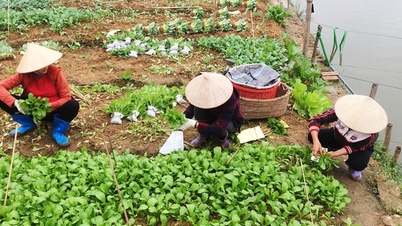







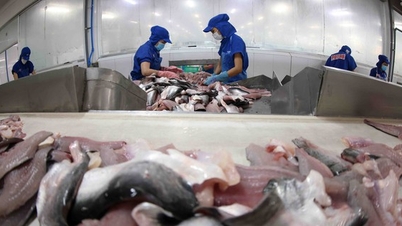





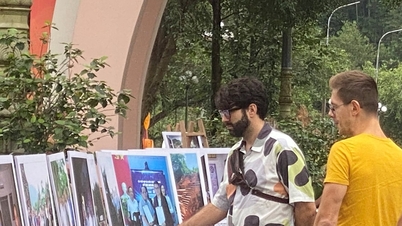



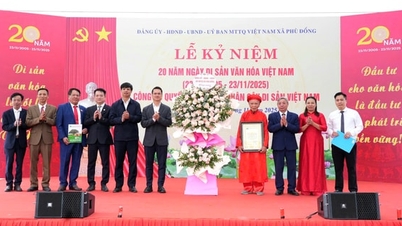






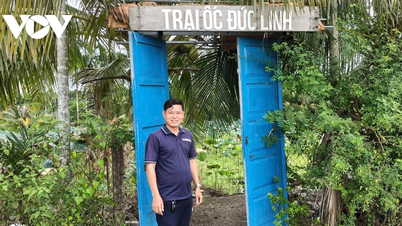








































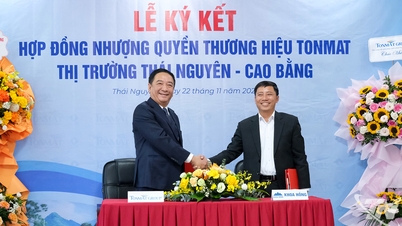

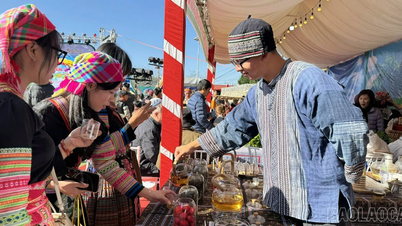
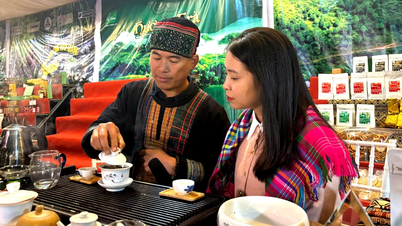













Comment (0)